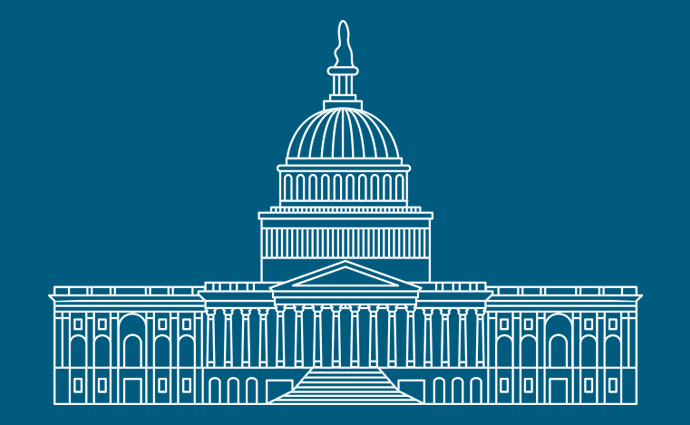Hospitals Slated to Get $75B from New Coronavirus Relief Bill
The coronavirus relief bill would also replenish the Paycheck Protection Program and provide $25B for COVID-19 testing.

Source: Getty Images
- UPDATED 04/24/2020: The House passed the coronavirus relief bill on April 23. The bill is on the president's desk.
Hospitals are to get another $75 billion in emergency funding for combatting COVID-19 per a new $484 billion coronavirus relief bill recently passed by the Senate.
For more coronavirus updates, visit our resource page, updated twice daily by Xtelligent Healthcare Media.
Passed via voice vote on Tuesday, the Paycheck Protection Program and Health Care Enhancement Act would also provide $25 billion for expanding COVID-19 testing and replenish the Paycheck Protection Program for small businesses.
“This bipartisan agreement will provide more than $320 billion in additional funding for the Paycheck Protection Program, which is already helping millions of small-business employees receive paychecks instead of pink slips,” Senator Mitch McConnell announced yesterday.
“I am proud this package will provide roughly $75 billion more to fund hospitals and healthcare providers in this crisis,” he added.
But the funds earmarked for hospitals in the latest coronavirus relief bill is just a fraction of what providers have requested from the federal government.
Hospitals have already started to receive more than $100 billion in emergency funding authorized by the Coronavirus Aid, Relief and Economic Security (CARES) Act. HHS announced earlier this month that it has distributed $30 billion to hospitals based on their Medicare billings from 2019.
Some hospital groups criticized HHS following the first wave of disbursement, arguing that using Medicare revenue to distribute funds left out some of the most vulnerable hospitals that treat more low-income patients and children.
Top health officials plan to distribute the remaining $70 billion to providers in COVID-19 hotspots, although no plans have been announced as to when or how HHS will do that.
But the emergency funding from the CARES Act is still not enough to help hospitals offset the revenue losses stemming from the pandemic.
“Hospitals and health systems are in a unique position because of the loss of revenue from non-emergency medical procedures while incurring increased costs due to preparing and responding to this public health emergency as it continues to spread throughout the country,” the American Hospital Association’s president and CEO Rick Pollack stated following the latest bill’s passage.
“The initial CARES Act funds are already being used by hospitals and health systems to increase capacity and provide care, and in some cases to keep access to care available by keeping the doors open,” Pollack continued. “This additional funding will help ensure that critical care can continue to be provided by front line providers throughout the country.”
The leading hospital association also welcomed increased funding for the Paycheck Protection Program, which Pollack stated would “help some smaller hospitals meet payroll and other operating costs through forgivable loans.”
The CARES Act established the Paycheck Protection Program, which provides forgivable loans to small businesses to help them keep their staff on payroll and their businesses operating. The program offered support for some small hospitals and physician practices until the funds ran out weeks after the implementation of the CARES Act.
Many small businesses, including those in healthcare, complained that bigger companies with more established relationships with banks received the funds sooner, leading to a quicker lapse in appropriations.
The latest coronavirus relief bill would replenish the program’s funding, adding more than $320 billion including $60 billion that would be allocated to small lenders and community banks.
"The Paycheck Protection Program and Health Care Enhancement Act throws a critical lifeline to frontline caregivers in the COVID fight. The Federation commends congressional leaders and President Trump for these necessary resources to keep hospitals open and serving our patients,” stated Chip Kahn, president and CEO of the Federation of American Hospitals.
The additional funding will support hospital efforts to respond to the virus and non-COVID-19 patients when normal operations resume, Kahn added.
House members are expected to return to Washington DC for a vote on the bill Thursday morning. President Trump has also indicated via Twitter that he would quickly sign the bill once passed, saying the act would pave the way for the next legislative relief action.
